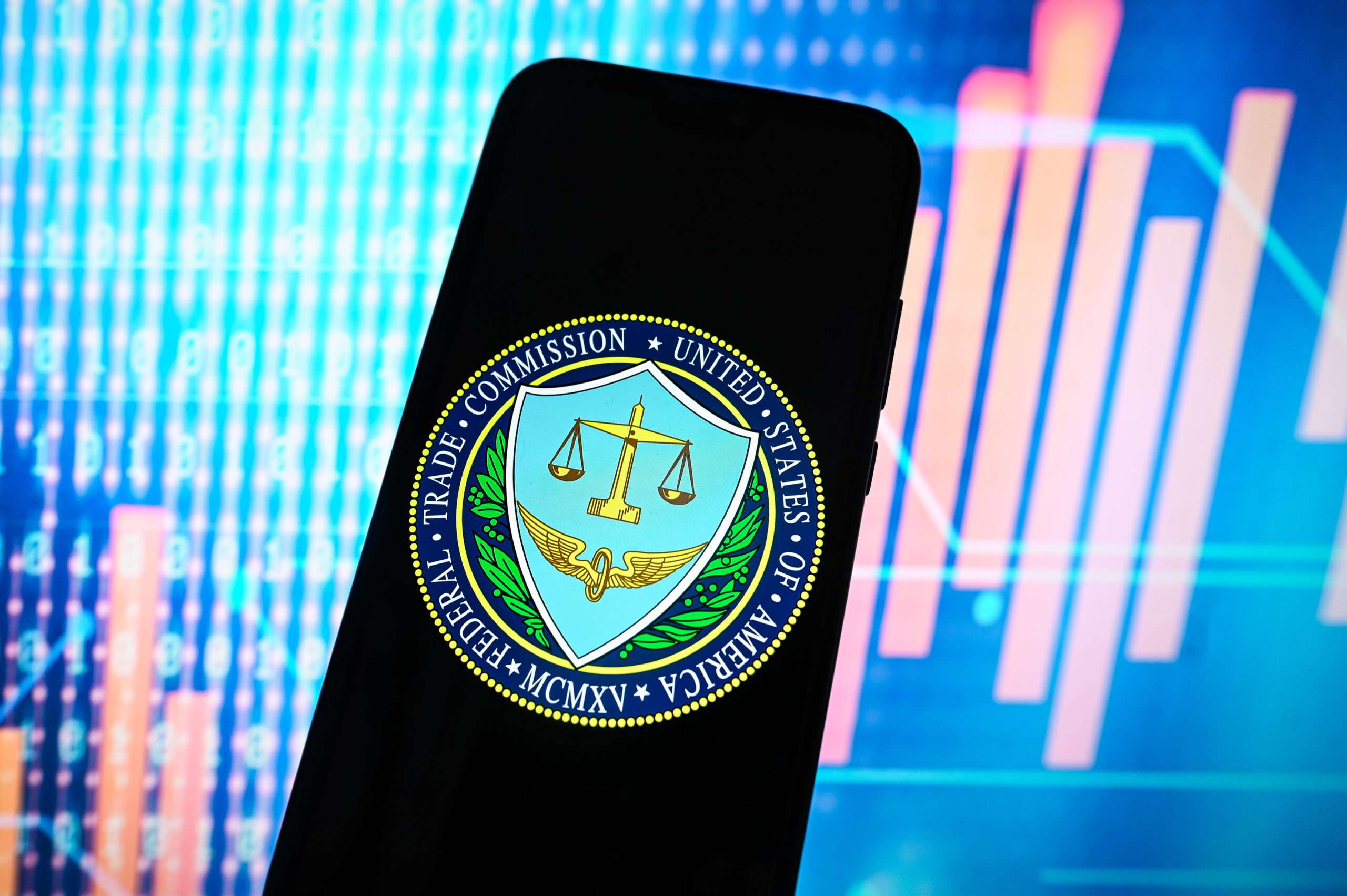The Misguided Moral Panic Surrounding CEO Shooters
Luigi Mangione, the suspect in the murder of UnitedHealthcare CEO Brian Thompson, was apprehended, sparking a flurry of online speculation about his life and potential motives. Mangione, an Ivy League graduate working in the tech industry, appeared to lead a privileged life, but online sleuths quickly unearthed details suggesting a possible motive related to a debilitating injury. Amidst this digital dissection, NBC News presented a peculiar angle, focusing on Mangione’s participation in a group of Ivy League graduates who played the popular online game “Among Us.” The article highlighted the “ironic” parallel between Mangione’s involvement in a game centered around simulated murder and his real-life arrest for the same crime.
The NBC News report drew a tenuous connection between Mangione’s gaming habits and the murder, prompting criticism and raising concerns about perpetuating unfounded links between video games and real-world violence. “Among Us,” a widely popular multiplayer game enjoyed by millions of players of all ages, involves players working together to identify impostors among them who are secretly tasked with eliminating the other players. The game’s cartoonish graphics and simple mechanics have contributed to its widespread appeal, even attracting prominent figures like Rep. Alexandria Ocasio-Cortez to participate in livestreamed gameplay. The implication that playing such a game could somehow predict or contribute to violent behavior is a flimsy and potentially harmful narrative.
The article’s focus on Mangione’s gaming history is particularly troubling given the long-standing and largely debunked association between violent video games and real-world aggression. For decades, video games have been scapegoated in the aftermath of tragic events, with critics often drawing superficial connections between virtual violence and real-life acts of aggression. The Columbine High School shooting in 1999 serves as a prominent example of this phenomenon, where the perpetrators’ interest in first-person shooter games was quickly seized upon as a potential contributing factor. This narrative, despite lacking empirical evidence, continues to resurface in public discourse, often fueled by media portrayals and political rhetoric.
The history of moral panic surrounding video games stretches back even further, encompassing a range of genres and platforms. From the controversial arcade game “Death Race” in the 1970s, which drew criticism for its depiction of players running over pedestrians, to the modern-day debates surrounding first-person shooter games, the concern that virtual violence translates into real-world aggression has been a recurring theme. Despite numerous studies failing to establish a causal link between video game play and violent behavior, the narrative persists, often driven by anecdotal evidence and a desire to find simple explanations for complex societal problems.
While some research suggests a short-term increase in hostility after playing violent video games, this effect does not translate into a demonstrable link to real-world violence. The vast majority of video game players, including those who engage with violent content, do not exhibit aggressive behavior in their daily lives. Attributing real-world violence to video games ignores a multitude of other factors that contribute to such behavior, including mental health issues, socioeconomic factors, and access to firearms. Focusing on video games as a primary cause distracts from addressing these more complex and nuanced issues.
The NBC News article’s emphasis on Mangione’s gaming history, while perhaps intended to provide background information, ultimately serves to perpetuate harmful stereotypes about video games and their supposed influence on real-world behavior. By highlighting this seemingly irrelevant detail, the article risks reinforcing the misconception that video games are a breeding ground for violence. This narrative not only unfairly stigmatizes a popular form of entertainment enjoyed by millions but also diverts attention from the more substantive issues that contribute to violent crime. Responsible reporting requires a more nuanced approach that avoids sensationalizing tenuous connections and instead focuses on providing accurate and contextualized information.
Share this content:











Post Comment